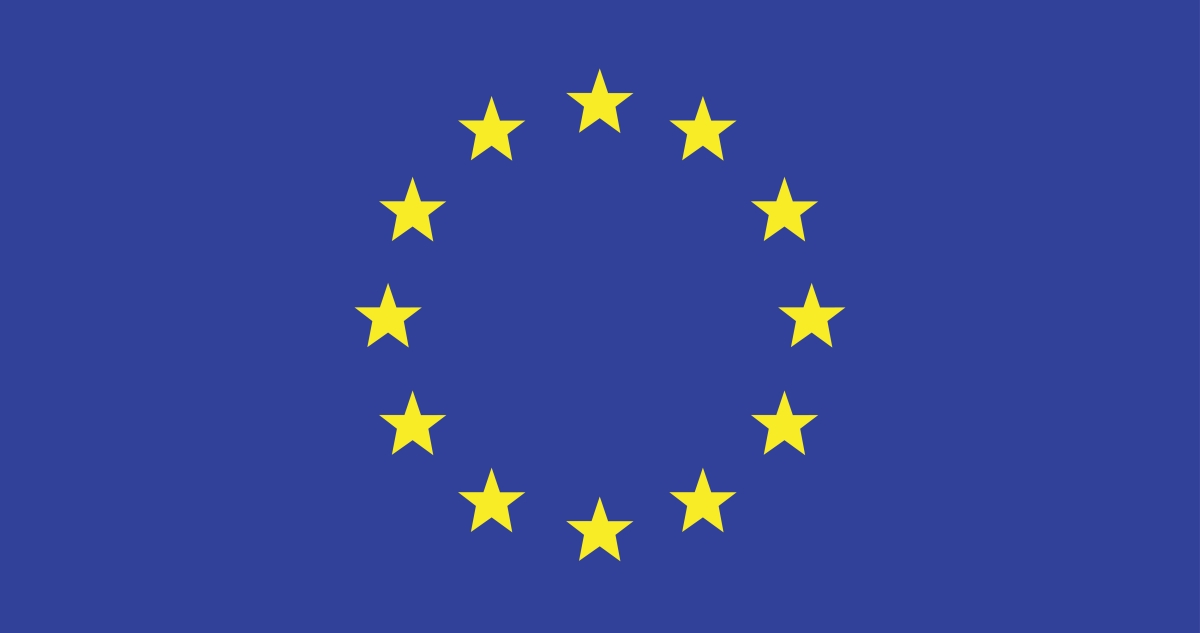Which regions in Europe have the highest level of financial literacy?
Which regions in Europe have the highest level of financial literacy?
Many adults, according to a recent survey, lack the knowledge and abilities necessary to comprehend and deal with complex financial circumstances.
A new report from the Organization for Economic Co-operation and Development (OECD) states that only 34% of adults possess a basic understanding of finance.
This indicates that most people, at least in the 39 nations where the study was conducted, lack the ability to handle their money wisely, which is a necessary skill for both societal and personal well-being.The OECD highlights in its research the susceptibility of those who do not have a basic understanding of finance, especially during a period when price surges are placing additional pressure on people’s finances.
Senior policy expert at the OECD Chiara Monticone stated, “High inflation and rising interest rates have highlighted the importance of equipping people with financial knowledge and skills to cope with difficult financial circumstances.”She stated to Euronews Business: “Results from our survey show that while most adults understand basic financial concepts, overall financial knowledge and skills could be improved significantly, including when dealing with digital financial services.”
Who is the top European scorer?

Each of the 39 countries that were examined received a financial literacy score from the OECD; the results for different EU member states are displayed below.
Only Germany and Ireland, when comparing average scores across populations, met the required minimum level of financial literacy, which is 70 out of 100 points.
In the OECD’s larger study, the latter also emerged victorious.The analysis examined national differences between several population groupings in addition to global discrepancies.Higher earners and employed people, as well as those with more formal education, are typically better at handling their finances.
Gender and age are additional characteristics that contribute.People between the ages of 30 and 59 on average had greater levels of financial literacy than those between the ages of 18 and 29 across all of the OECD’s surveyed countries.Men also score slightly higher than women on average.
Resilience against scams and digital competencies

Regarding financial susceptibility, 15% of respondents claim to have fallen victim to at least one financial scam or fraud.According to the OECD, there is a negative relationship between risk and financial literacy, with almost two out of every three victims of fraud failing to meet the minimum requirements.
Given that many criminals today target people via online channels, being aware of scams is also tied to digital competence.This is not good news for the OECD’s evaluation of digital financial literacy.While digital skills scores do rise with education and income levels, on average only 29% of persons tested were able to meet the required level.
Putting money aside for unexpected expenses

In light of current challenges on household budgets, the OECD is promoting increased financial education as a means of enhancing resilience.
According to the group’s average report, only 59% of persons tested could currently cover a significant expense—the equivalent of one month’s worth of income—without looking for outside assistance.This could entail getting a loan from friends, family, or a bank.The group contends that in order to address this issue, education needs to be accessible to individuals with the lowest skill levels and concentrate on new, digital methods of handling finances.

